
SEVEN TYPES OF PAIN THAT SIGNAL MAJOR RED FLAGS FOR YOUR HEALTH
Pain is the body’s way of signaling that something isn’t quite right. While some types of pain are normal, especially in response to injury or exertion, other kinds can indicate serious health concerns. It’s important to listen to your body and recognize when pain may be a red flag. Below are seven types of pain that should never be ignored, as they may signal serious health issues that require immediate attention.
-
Chest Pain
One of the most common and alarming pains is chest pain. While it can sometimes be a result of less serious conditions, such as muscle strain or indigestion, chest pain can also be a sign of a heart attack. A heart attack occurs when the blood supply to the heart is blocked, causing severe damage to the heart muscle. If you experience chest pain, especially if it’s accompanied by shortness of breath, nausea, sweating, or pain radiating to your left arm or jaw, seek emergency medical care immediately.
-
Headaches
While headaches are often caused by stress, dehydration, or fatigue, a sudden and severe headache can signal more serious conditions, such as a stroke or a brain aneurysm. If the pain is accompanied by vision changes, difficulty speaking, or numbness, you may be experiencing a neurological emergency. It’s essential to consult with a doctor if you experience any of these symptoms, especially if the headache is the worst you’ve ever had.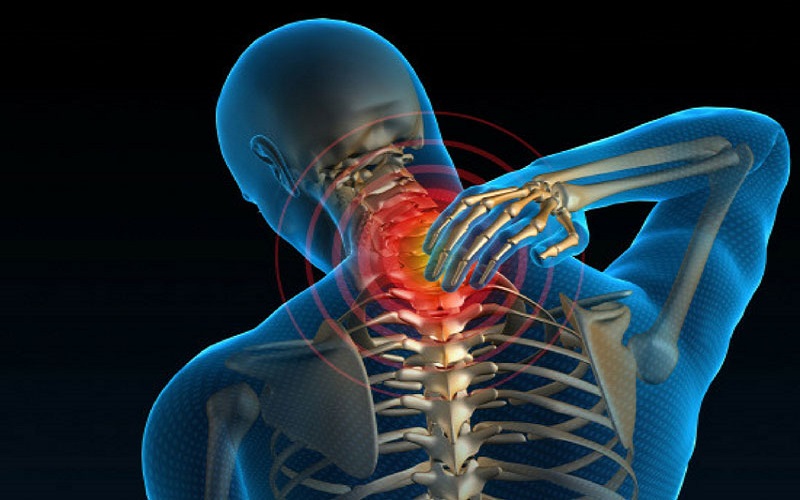
-
Abdominal Pain
Abdominal pain is a common complaint, but certain types can indicate life-threatening conditions, such as appendicitis, gallstones, or a ruptured organ. Sharp pain in the lower right side of the abdomen, for example, can be a sign of appendicitis, while intense pain accompanied by fever and vomiting could indicate an infection or inflammation. If the pain is severe, persistent, or worsening, medical attention is needed to determine the cause.
-
Back Pain
Back pain can be caused by a variety of factors, including muscle strain, poor posture, or even a herniated disc. However, if the pain is sudden and severe, or if it radiates down the legs, it could be a sign of nerve compression or spinal cord injury. In rare cases, back pain can be related to serious conditions like cancer or infections affecting the spine. If the pain is accompanied by weakness, numbness, or difficulty controlling your bladder or bowels, you should seek medical help as soon as possible.
-
Joint Pain
While joint pain is often associated with arthritis or injury, it can also be a red flag for autoimmune disorders such as lupus or rheumatoid arthritis. Joint pain that is persistent, accompanied by swelling, stiffness, or fatigue, could indicate a more serious underlying condition. If you experience joint pain that doesn’t improve with rest or over-the-counter pain relievers, it’s crucial to consult with a healthcare professional.
-
Leg or Arm Pain
Pain in your legs or arms, especially if it’s sharp and sudden, could indicate poor circulation or even a blood clot. Deep vein thrombosis (DVT) is a condition where a blood clot forms in the deep veins, typically in the legs, and can lead to serious complications, including a pulmonary embolism. If you notice swelling, redness, or warmth in the leg along with pain, it’s important to seek immediate medical attention to prevent the clot from traveling to the lungs or other vital organs.
-
Neck Pain
Neck pain is common and often due to muscle tension or poor posture. However, persistent neck pain, especially if it radiates down the arms or is accompanied by headaches, could be a sign of a serious condition such as a herniated disc or a nerve issue. If the pain is severe or persists for a prolonged period, it may be necessary to consult a physician to rule out any underlying causes.
In conclusion, pain is an important signal that shouldn’t be ignored. While many types of pain are common and can be easily treated, some are indicators of serious health conditions that require immediate medical attention. Always pay attention to the type, intensity, and duration of your pain, and seek professional advice when necessary. Early diagnosis and treatment can often prevent further complications and improve your long-term health.
News in the same category

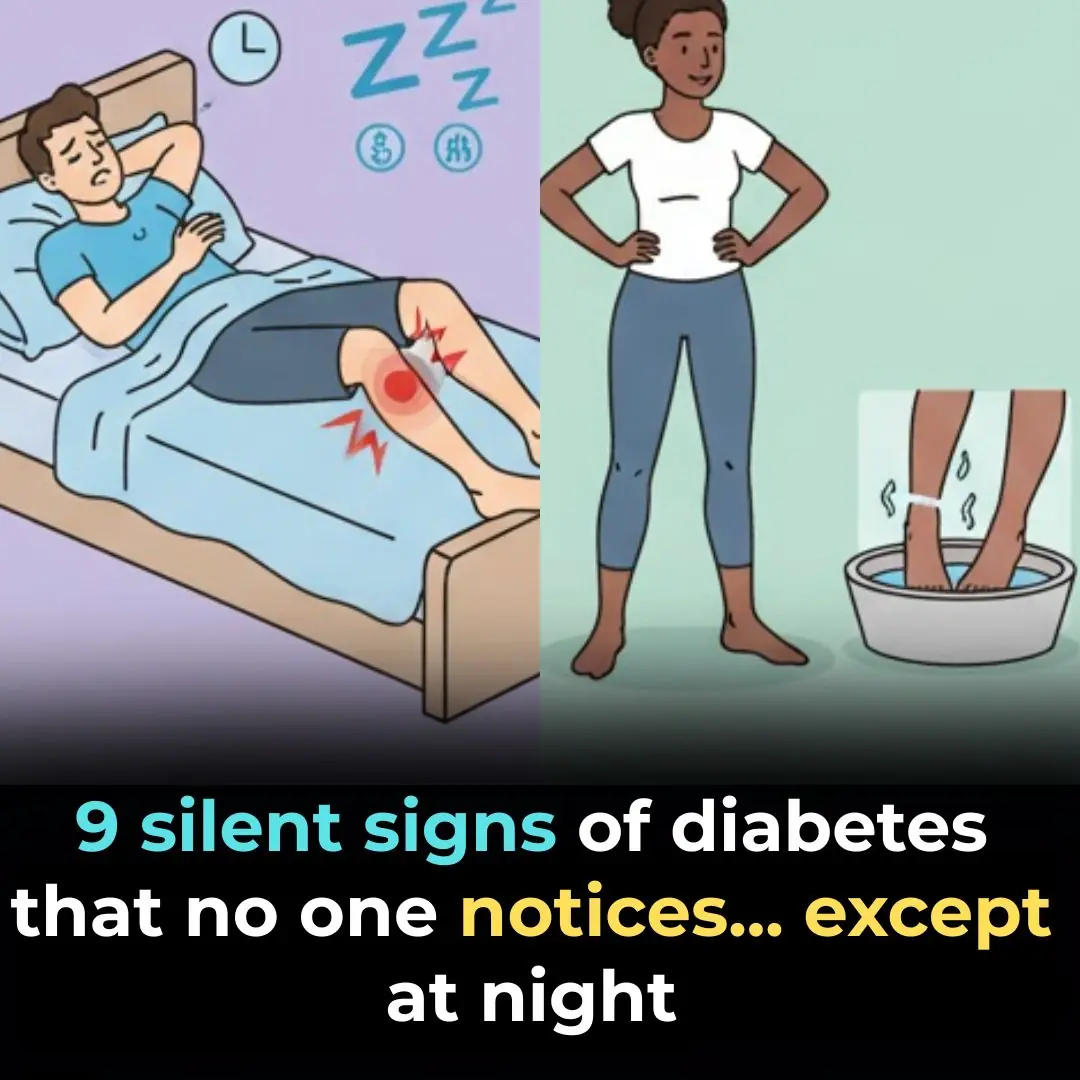
9 Signs of Diabetes That Appear at Night: What You Need to Know!
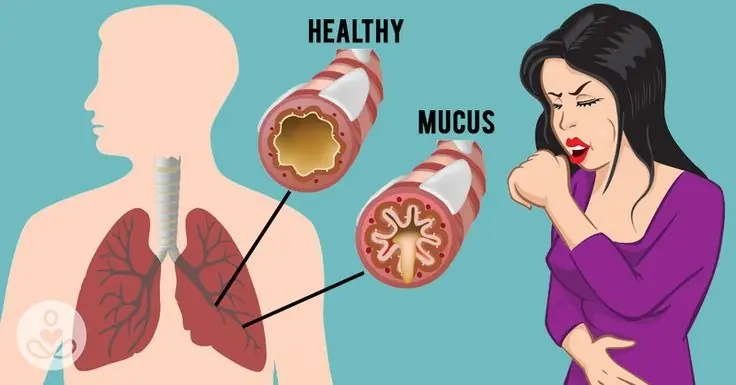
Flush Mucus From Your Body With These Highly Effective Home Treatments

Doctors Warn: These 14 Signs Mean You’re Low on Magnesium

Sleeping Naked: 8 Surprising Benefits

🍒 Tart Cherry Juice and Sleep: Can This Natural Remedy Help Seniors Rest Better?
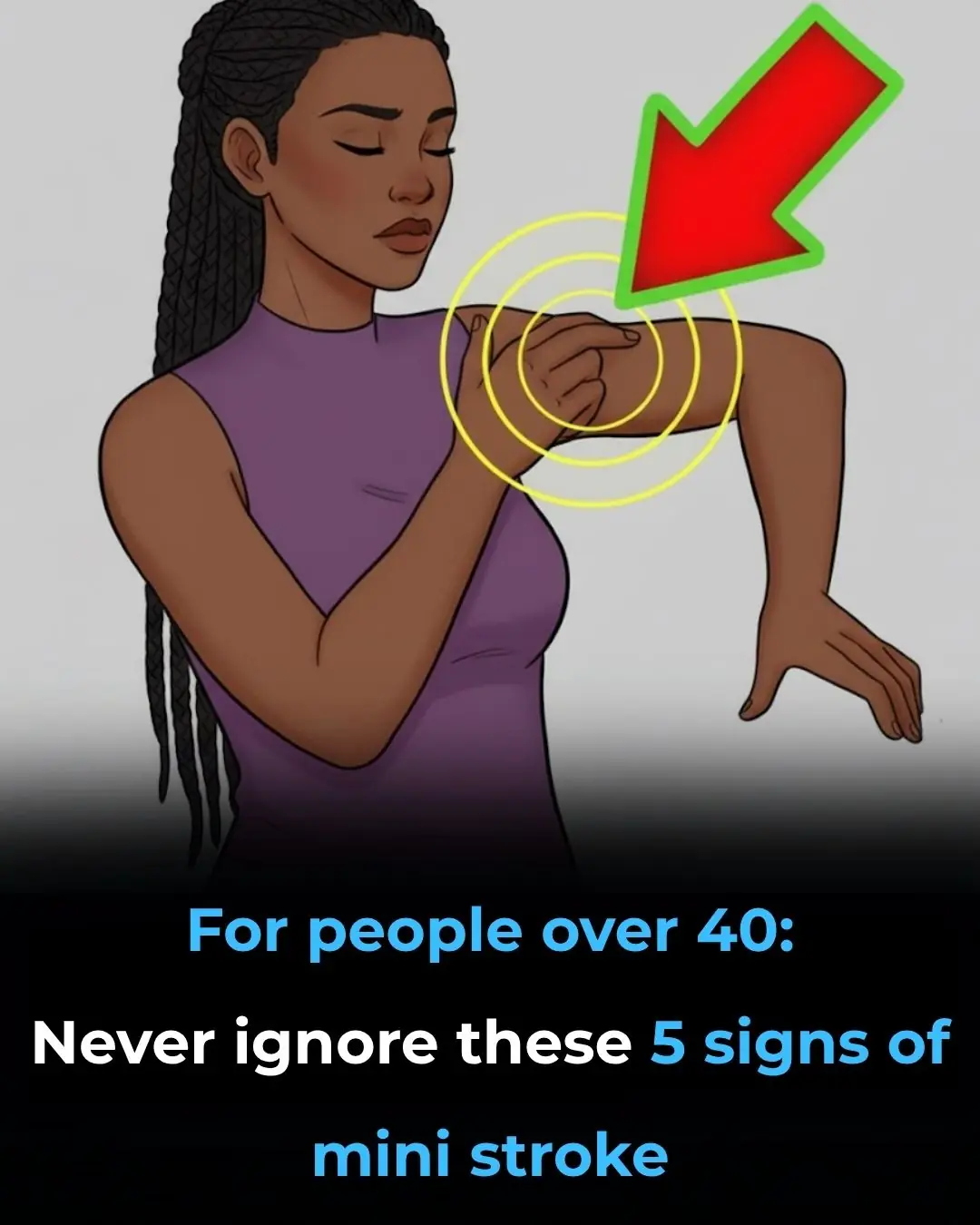
Mini Stroke in People Over 40
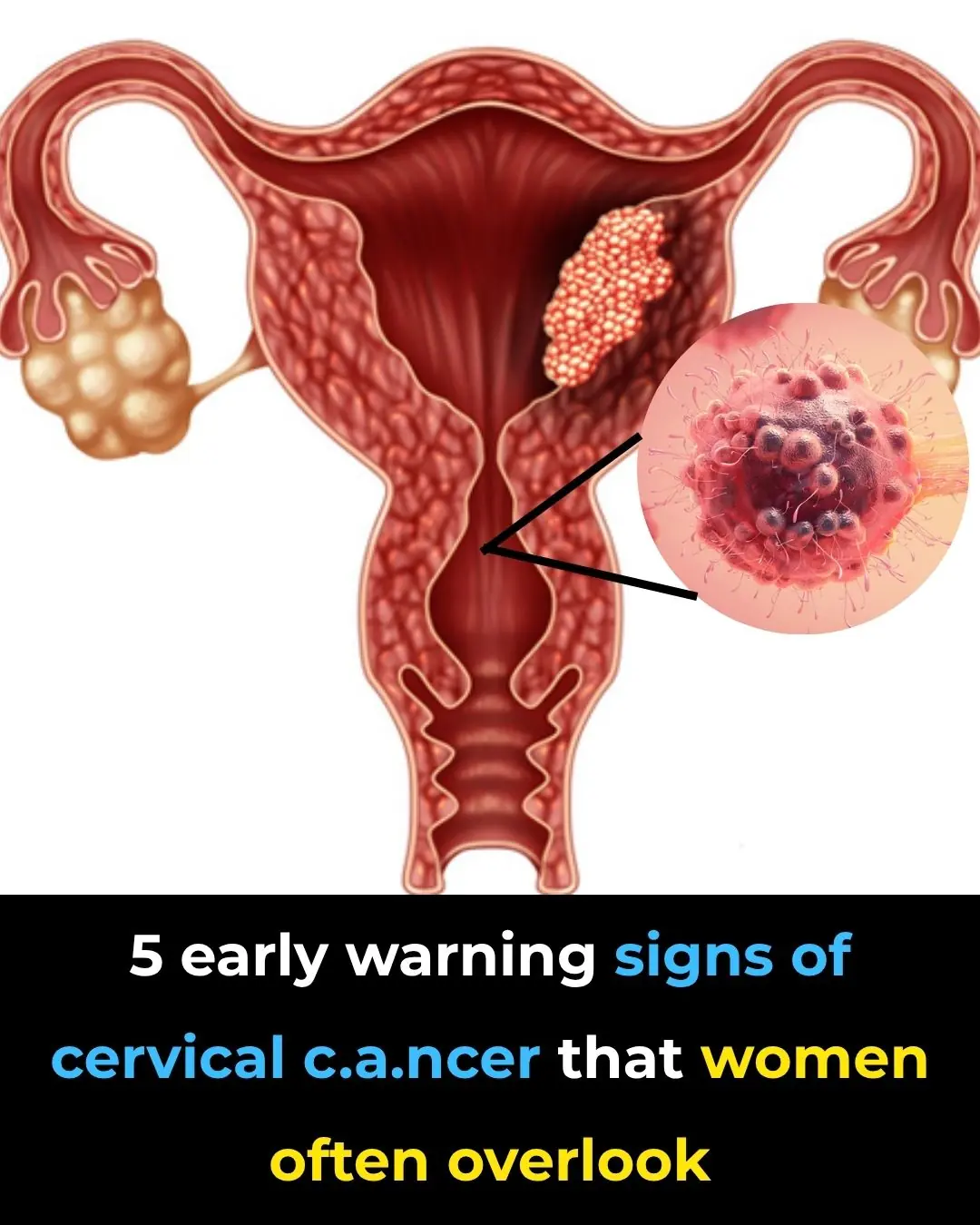
5 early warning signs of cervical cancer

Drink Pumpkin Seed Water to Help Repair Your Body

Drink One Cup Daily of This Juice to UNCLOG Arteries?

Eating Sesame Seeds Is Superior to Tylenol for Knee Arthritis

Eat Your Way to Strong Bones: The Best Foods for Pain-Free Joints

Drink Clove Water for a Whole Month And These 5 Things Will Happen

Say Goodbye to Styes

Scientists Claim Drinking A Cola Will Shorten Your Life Span By This Exact Amount
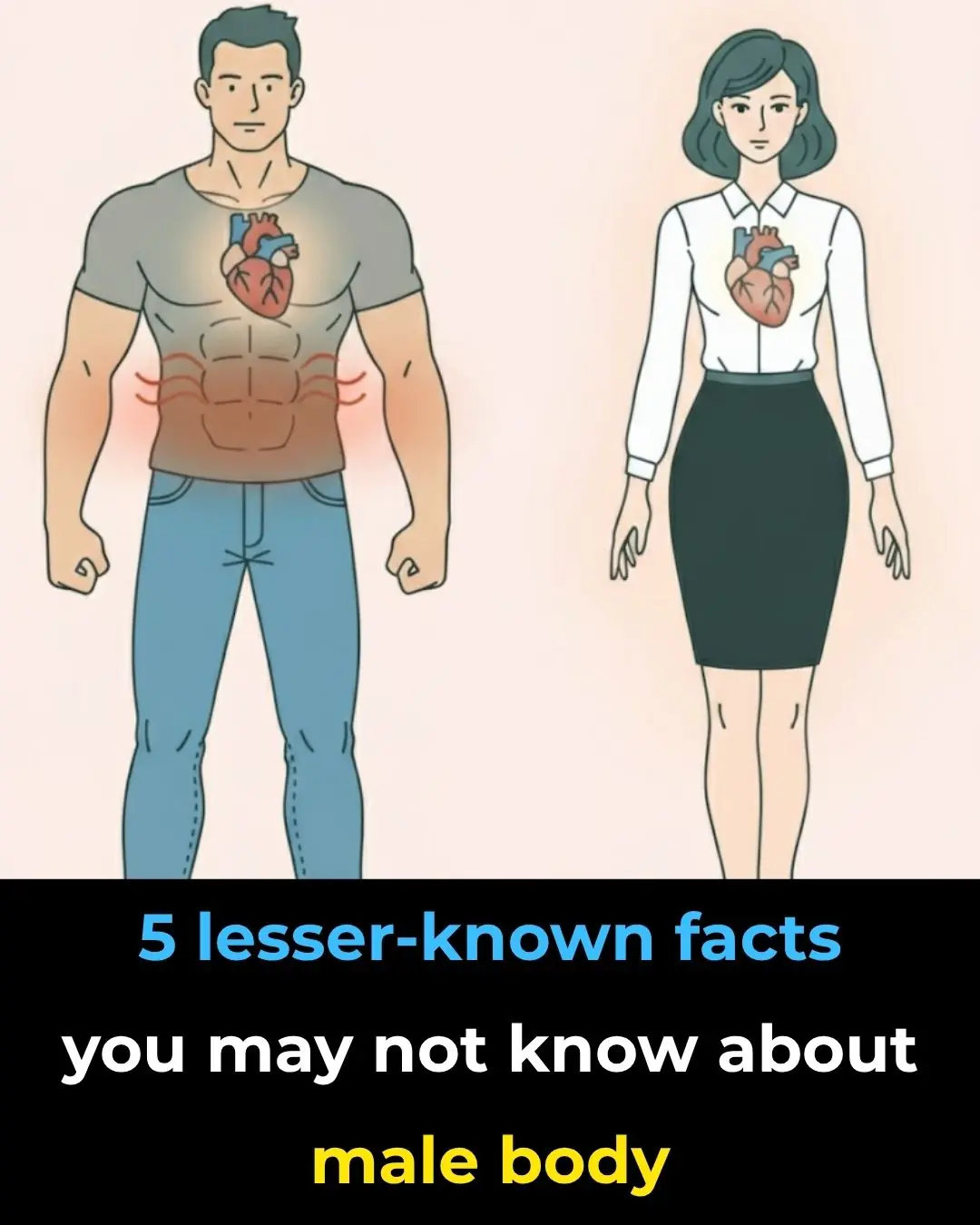
5 Lesser-Known Facts You May Not Know About Male Body

Man has stroke after bathing right after meal: 3 mistakes you shouldn’t make

The #1 way to flush microplastics from your body (It’s shockingly simple)

According to experts, consuming too much rice leads to…
News Post

Garlic, tomatoes and cucumbers will grow rapidly. The most powerful fertilizer.

12 Powerful Benefits of Moringa Seeds
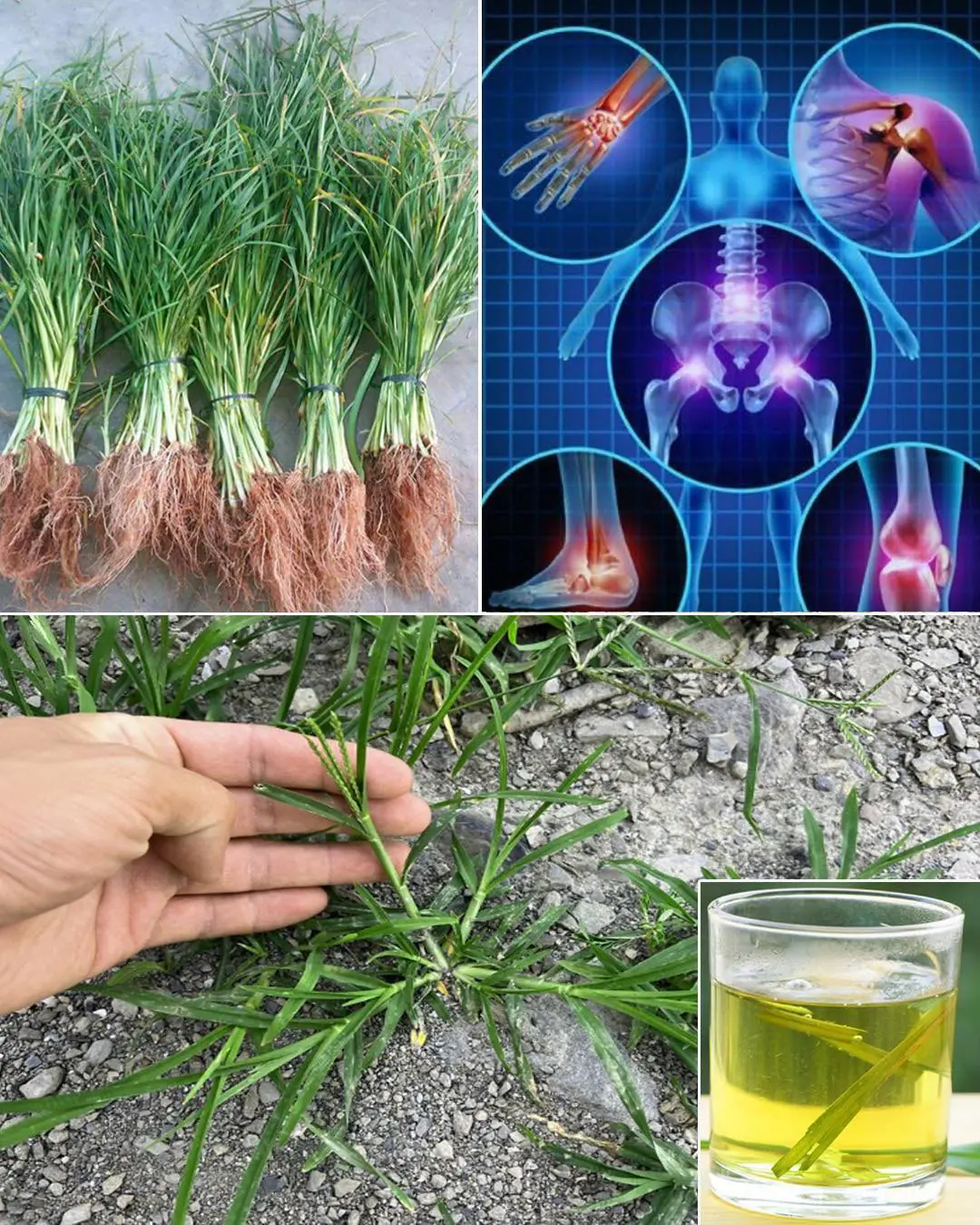
25 Incredible Health Benefits of Goosegrass

Pineappleweed (Matricaria discoidea) – Nature’s Calming Herb with Surprising Benefits

Grow potatoes in containers at home with just one potato

A Heartwarming Story of Hope: Surrendered Dog in Christmas Sweater Awaits a Loving Home

The Power of Chanca Piedra: 10 Benefits and Uses

Wood Sorrel Benefits and Uses

Forever Our Indy: A Tribute to a True Best Friend

The four medicinal leaves: Avocado leaves, mango leaves, bay leaves, and guava leaves

People Spotted a Dog Collapsed on a Sidewalk — Then Realized She Was Still Alive

This Senior Dog Can’t Climb the Stairs Anymore — So Dad Sleeps on the Sofa with Him Every Night

A Final Goodbye: Mario’s Last Moment with the Giraffes He Loved

Shy Golden Retriever Saved From Euthanasia at the Last Moment
The Dog Who Beat Cancer: A Reunion That Moved the World.

The Lion Who Lost His Mane, and the Tiger Who Won His Heart.

Her Heart Belongs to Daddy: A Daughter’s Memory of Danny Kaye.

A Father Chosen by Love

Goodbye, Noor Jehan: The Elephant Who Made a Nation Weep.
